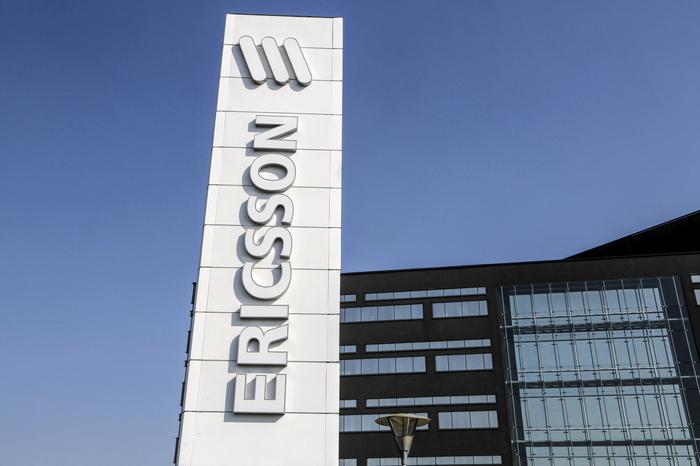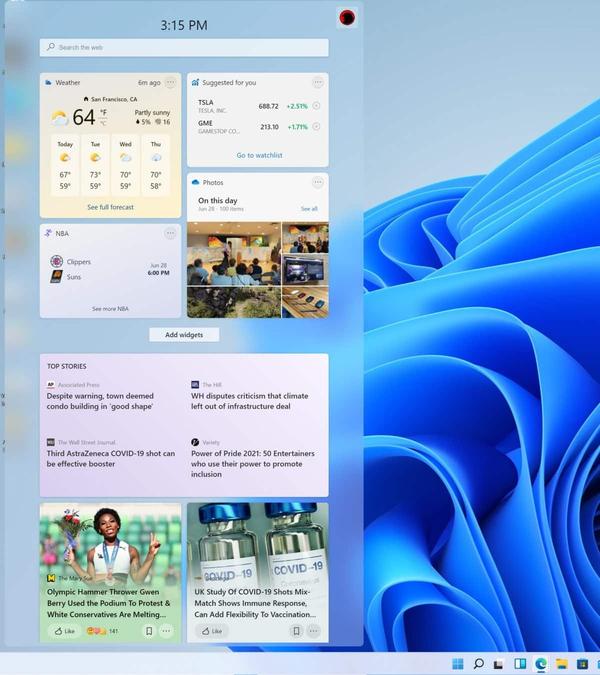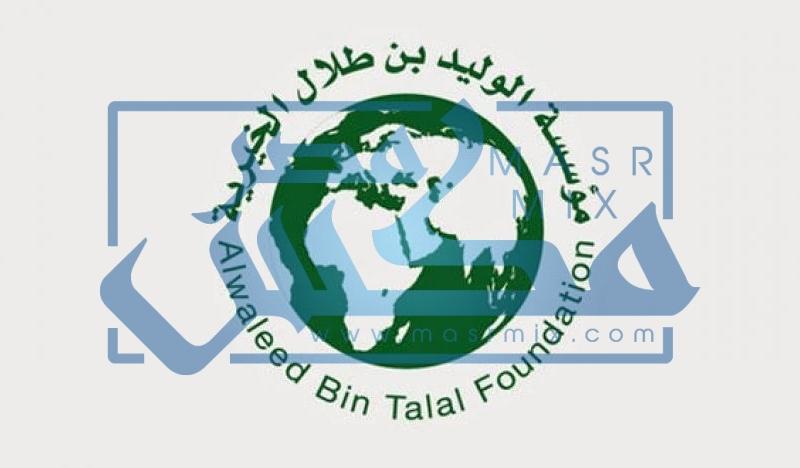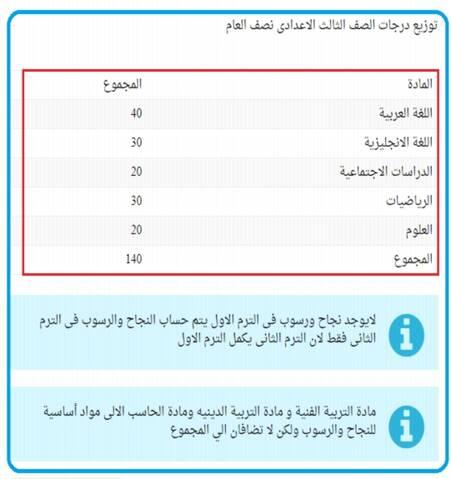The Guardian and Le Monde: An investigation into Ericsson's financing of ISIS in Iraq
Follow up on the latest news via an app
Confidential documents revealed that the telecommunications giant Ericsson helped pay bribes to ISIS in order to continue selling its services after the militants took control of large parts of Iraq.
In addition to findings related to payments to ISIS, investigations have revealed allegations that the company engaged in corruption in at least 10 countries across four continents.
The confidential results of this internal investigation draw a compelling note of the practices that took place in the Iraqi Ericsson branch between 2011 and 2019, and reveal information about corruption, conflicts of interest, suspicious transactions, and even suspicions of indirect financing of terrorist groups.
The Swedish group has kept these internal investigations secret for more than two years.. After failing to answer questions from Le Monde, the Guardian and other newspapers, Ericsson issued a press release on February 15, 2022 that invokes one of the biggest burning points in the report: the possible payment of bribes to the Islamic State (ISIS) , who declared his "caliphate" in June 2014 in more than a third of Iraq and Syria, before he was defeated there at the end of 2017.
The confidential report provides embarrassing detail on the events that took place in 2016-2017, when Ericsson invited transport company Cargo Iraq to move equipment from the autonomous region of Iraqi Kurdistan, in the northeast of the country, to the Sunni province of Anbar in the west. The subcontractor provided two types of services at the time: on the one hand, the "legal" route, which is prohibited by long and costly Iraqi customs checks.. and on the other hand, the "fast lane" to cross the areas where the Islamic State was still present and where it established its control over Iraqi Shiite militias affiliated with Iran, which participated in the restoration of territory under the control of the organization.
By choosing the second option, did Ericsson prefer speed over respect for the law? The Swedish manufacturer of the equipment admits that it “used alternative routes to bypass Iraqi customs at a time when terrorist organizations, including the Islamic State, took control of certain routes.” Were jihadists paid to facilitate the passage of trucks carrying Ericsson equipment? In response to a question from the International Consortium of Investigative Journalists, Bahaz Abbas, President of Cargo Iraq, confirmed that this is not the case. In their internal report, the Ericsson investigators were less forthcoming, saying "we cannot rule out" the possibility. Because all stakeholders were not questioned, "the investigators were unable to identify the final recipients of the payments, which were in fact in place."
The investigation of Le Monde and the Guardian and their partners also did not allow us to find a trace of this money, so it is not possible, at this stage, to compare the complex Iraqi situation of Ericsson with the facts that the cement manufacturer Lafarge is accused of committing “complicity in crimes against humanity” to pay money to groups terrorist in Syria.
The internal investigation also describes Ericsson's intransigence in maintaining its activities in Mosul, Iraq, despite its occupation by ISIS on June 10, 2014. Under the pretext of not "destroying business", Ericsson's regional management rejected calls to invoke the "force majeure" excuse and suspending the project to modernize the network of telecommunications operator Asiacell, one of the company's largest customers, in the Iraqi capital of ISIS. The report refers to the decision made on July 14 with Asiacell to obtain "permission from the local ISIS authority" to continue operating.
This may indicate a much broader pattern of wrongdoing by Ericsson than the telecoms giant publicly admitted in 2019, when it struck a $1bn (£750m) settlement with the US Department of Justice.
Investigators have concluded that the multinational company was likely involved in bribing ISIS to allow its products to be transported through parts of Iraq that the terrorists have taken over.
According to investigators, the payments were made through a fund managed by contractors working for the Swedish multinational.
Ericsson issued a statement saying: The investigation team identified payments to intermediaries and the use of alternative transportation methods in connection with circumventing Iraqi customs, at a time when terrorist organizations, including ISIS, controlled some transportation routes.

The investigators were unable to determine the final recipients of these payments. Payment schemes and monetary transactions that potentially create money laundering risks have also been identified.
The statement also acknowledged that Ericsson employees had engaged in widespread misconduct in Iraq and committed "serious" violations of its systems, including irregular payments and failure to pay taxes, between 2011 and 2019.
Ericsson said it made the statement because it was "committed to transparency". However, the telecoms giant refused to answer multiple questions from the Guardian, Le Monde, ICIJ and other media, including about possible wrongdoing in several countries not mentioned in the 2019 agreement with the Ministry of Justice.
Ericsson pleaded guilty to making tens of millions of dollars in fraudulent payments through shell funds between 2000 and 2016 in the settlement. But the leaked documents list evidence of allegations of corruption and misconduct in 10 other countries over the past decade. The company has chronicled suspicious payments totaling at least $37 million in Iraq, along with a host of alleged misconduct such as inflated billing and paying officials to go on vacations to Spain and Sweden.
The Department of Justice may start a new trial if it believes that Ericsson has not disclosed all allegations of wrongdoing.
After taking control of Mosul in 2014, ISIS controlled about 40% of Iraq, and funded the administration of the region through a combination of taxation, oil sales, and looting until its defeat in 2017.
According to investigators, Ericsson, which has been operating in Iraq for years and sold $1.9 billion worth of equipment between 2011 and 2018, received offers from companies that were willing to move its infrastructure across Iraq.
The multinational company chose a contractor that cost more money than other companies, but promised guaranteed and faster delivery. This premium option became known as the "highway service" as opposed to the "legal way".
According to investigators, "It is likely that the higher cost was used to pay bribes and payments to local militants along transportation routes." Improper payments have also been made to customs officials to circumvent border taxes.
Investigators found 18 invoices paid by Ericsson to a supplier for transporting equipment, such as mobile phone towers, on trucks across Iraq. The payments were three times higher than the normal cost of hiring these trucks, and for a single shipment, the cost was 20 times the usual cost.
After drawing routes on a map of Iraq, and noting infrastructure deliveries to areas controlled by ISIS and other militias, the investigators concluded that Ericsson may have engaged in "bribery or illegal payments" to carry out the transfers.
Although there is no conclusive confirmation through an interview of bribery, facilitation payments or possible illicit financing of terrorism, there is evidence of emails indicating illegal crossing of customs and passage through areas controlled by The Islamic State in connection with transportation in Iraq.
The total size of what investigators call an “uncontrolled fund” between 2016 and 2018 that was likely used to fund the transfer routes is not identified in the documents. However, they indicated that one individual was able to embezzle $308,000 from this fund.
The leaked documents also show how Ericsson endangered its contractors in Iraq in pursuit of profits, as managers sought to continue the company's business operations even after ISIS took control of Mosul.
According to investigators, the emails showed that "this persistence led to the kidnapping of contractors while they were doing field work for Ericsson".








